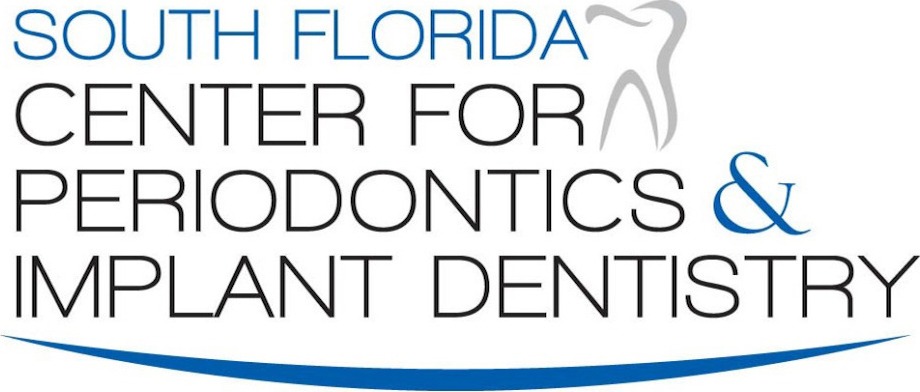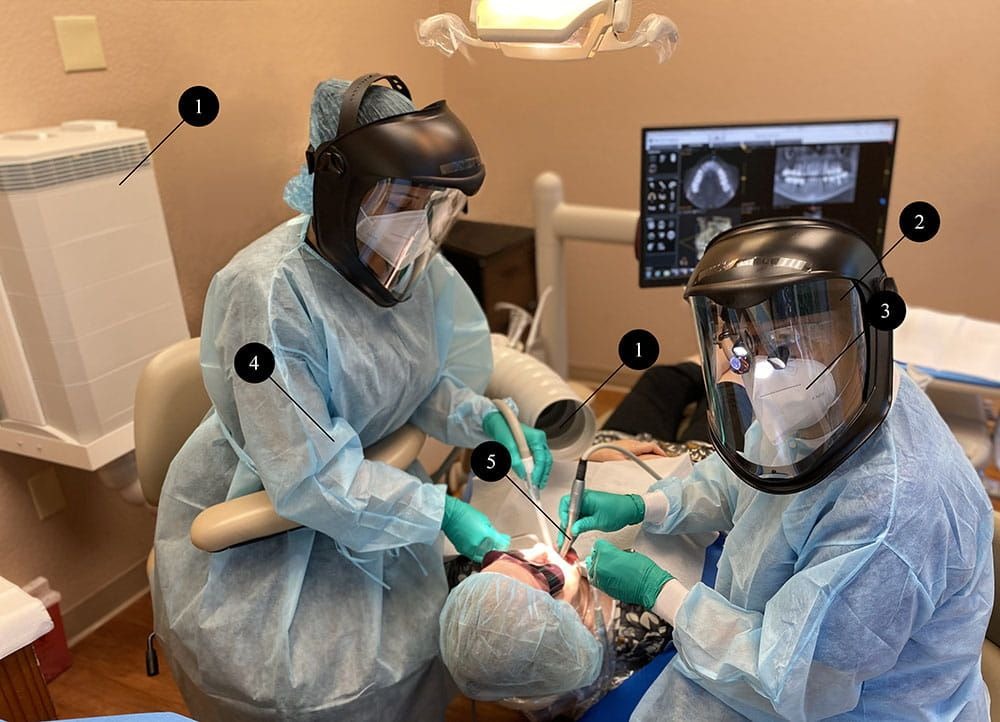Coronavirus Concerns & Precautions
KEEPING YOU SAFE AT OUR PRACTICE
Our community has been through a lot over the last few months, and all of us are looking forward to resuming our normal habits and routines. While many things changed, our commitment to your safety and well being remains paramount. Infection control has always been a top priority for our practice. Given these unprecedented times you will find that our commitment to meeting and exceeding these standards is unchanged.
Our infection control processes have been enhanced given the world’s recent COVID-19/coronavirus pandemic, ensuring that when you receive care, it is both safe and comfortable. We want to tell you about the heightened infection control procedures we will follow in our practice to keep patients and staff safe.
At a bare minimum, our office follows infection control recommendations made by the American Dental Association (ADA), the U.S. Centers for Disease Control and Prevention (CDC) and the Occupational Safety and Health Administration (OSHA). We follow the activities of these agencies closely so that we are up-to-date on any new rulings or guidance that is issued. We do this to make sure that our infection control procedures are current and adhere to each agencies’ recommendations and to ensure that we provide a safe environment to deliver quality periodontal and implant care.
GOING ABOVE AND BEYOND
When you visit our office, you will notice a number of changes, many of which set the standard in our dental community. We made these changes to protect our patients and staff and exceed our previous meticulous procedures:
- We developed a multi-tiered approach to managing potentially hazardous or contagious particles and droplets in the office that greatly exceeds official recommendations. These include the use of special virucidal (virus killing) mouthrinses, air filtration systems, and decontamination and containment equipment throughout the office. We have even upgraded our dental mirrors that now integrate high-suction to minimize loose aerosols.
- Our office will communicate with you beforehand to ask pointed screening questions. You will be asked those same questions again when you present to our office.
- Everyone entering our office will sanitize their hands upon arrival. You will also find multiple hand sanitizing stations throughout the office for frequent and convenient use.
- You will notice that our reception room no longer offers magazines, telephones or public computers. These items are difficult to disinfect and were removed for your safety.
- Appointments will be managed to allow for social distancing between patients. As a result, while we pride ourselves on accommodating patient needs for appointment times, we may offer you fewer scheduling options than in the past.
- We will do our best to allow greater time between patients to reduce waiting times for you, as well as to reduce the number of patients in the reception area at any one time.
- We will be implementing full digital, “touchless” forms for health histories and other necessary information.
- We will try to reduce the number of times we need to check-up on you in the office by increasing use of Teledentistry. Nonetheless, we remain committed to your successful, seamless and predictable treatment.
- We may ask your loved ones and companions to remain outside the office during your treatment in order not to expose them to other people unnecessarily.
- IQAir: Aerosol suction & high volume room air ultra-filtration in every treatment room.
- Face shields.
- Upgraded masks.
- Full gowns changed for every patient.
- Antimicrobial-cooled electric hand-pieces to minimize aerosol production and virulence.
Not shown:
- Iodine antiseptic rinse and irrigating solution
- Novaerus air purifiers in reception and consultation rooms
- Periodic whole office disinfection
Remember that maintaining optimal oral hygiene is even more important in times of stress or medical challenge. Periodontal disease, our main scourge, is a chronic infection of the gums and surrounding tissue. While there is no direct evidence connecting oral infection to COVID-19, we know that the greatest number of complications associated with coronavirus occurred in patients with underlying conditions. Logic suggests that better oral health supports better general health, including infection fighting ability.

